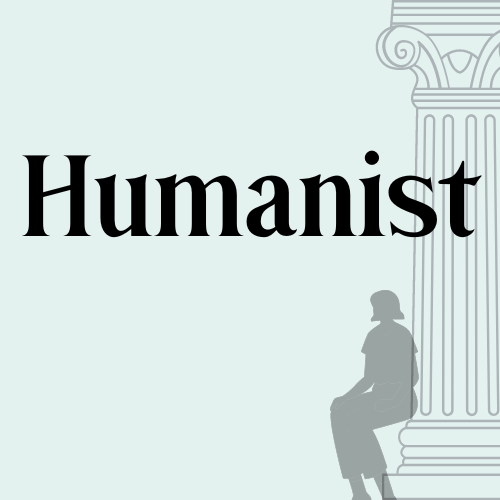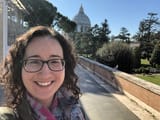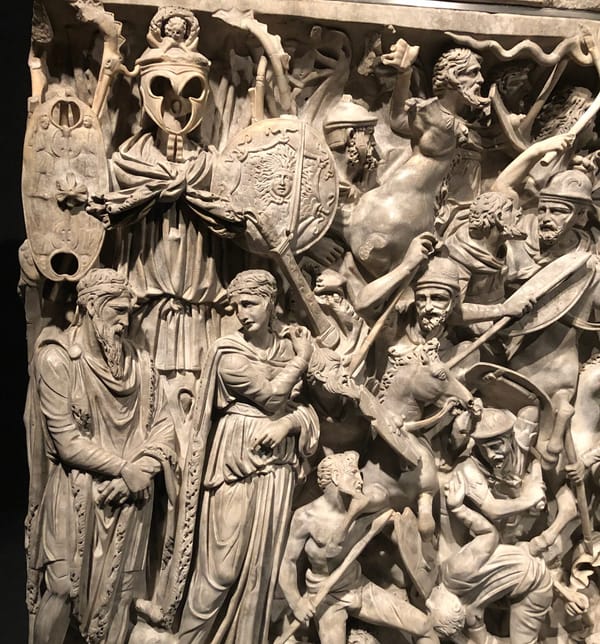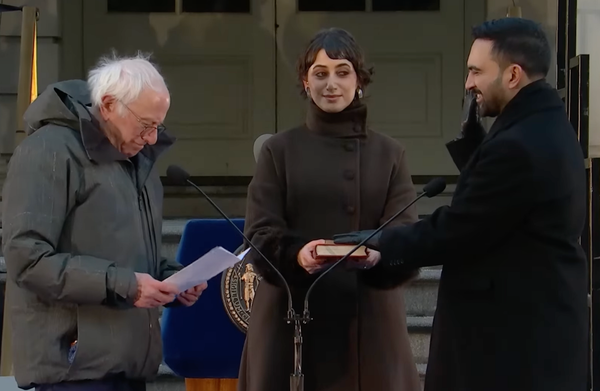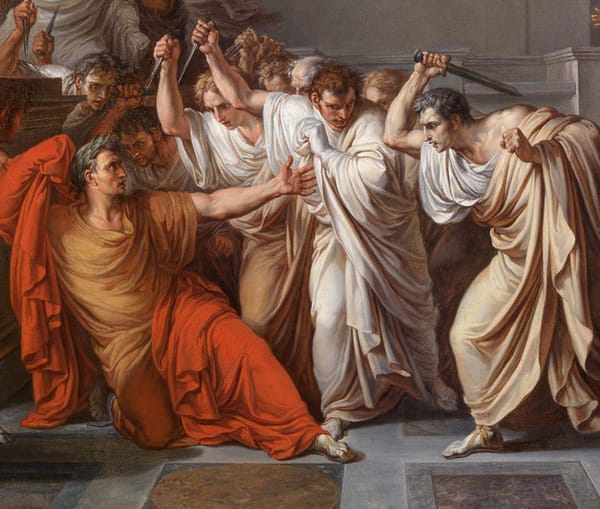Protest Pedagogy
Despite being suspended and banned from campus or even denied their degrees in some cases, the students in those encampments got a better education than many of their classmates, in the ways that matter.
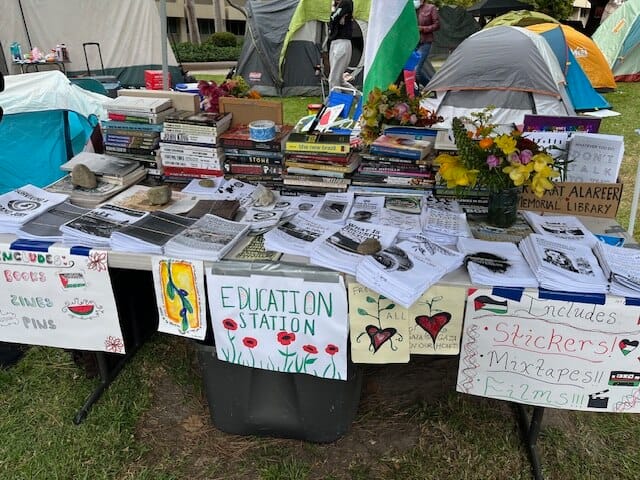
Originally published on Public Books - get the full text here: https://www.publicbooks.org/protest-pedagogy/
In May of 2024, while facilitating an educational session for a lifelong learning group, I was asked to explain why so many young people were participating in pro-Palestine encampments on college campuses. My interlocutors thought that student organizers were misguided in their objectives, doomed to fail, and unrooted in historical understanding. I disagreed with all three of these characterizations.
I argued that despite being suspended and banned from campus or even denied their degrees in some cases,1 the students in those encampments got a better education than many of their classmates, in the ways that matter. They thought critically about competing truth claims and conflicting evidence. They used their knowledge and their media literacy skills to develop powerful arguments, in conversation with others. They thought beyond a false binary of “good guys” and “bad guys” and considered complex historical causes. They questioned where money, support, and legitimacy at their institutions came from and, in recognition of their power as tuition-paying constituents of their universities, formulated specific, moral demands that their institutions cease providing funding and legitimacy to companies profiting from the war. They followed and expanded upon historical precedents set by students protesting against the Vietnam War and South African apartheid in the 1960s, ’70s, and ’80s. In other words, pro-Palestine protestors across university campuses demonstrated more intellectual ingenuity and skills, and better embodied the ideals of a liberal arts education, than most.
